Our most comprehensive prenatal blood test, the PrenatalSAFE Complete Plus NIPT blood test will assess the sample to identify a wide range of chromosomal abnormalities which can affect the health of your baby or babies. If you receive a high risk result, you will be offered support from a professional Genetic Counsellor at no extra cost. Unlike other providers, our genetic counselling service is included in the price of the test.
Suitable for all expectant mothers and available from 10 weeks onwards, this test provides:
- Sex of the baby or babies (single foetus or identical twins only)
- A range of common sex chromosome disorders (Turner Syndrome, Klinefelter Syndrome, Triple X, and Jacobs Syndrome)
- Down Syndrome (Trisomy 21)
- Edwards Syndrome (Trisomy 18)
- Patau Syndrome (Trisomy 13)
- All chromosomes (chromosomes 1 – 22 plus sex chromosomes) are screened for aneuploidies alongside other structural abnormalities such as deletions and duplications (>7mb).
- 9 key microdeletion syndromes:
- Angelman Syndrome
- Cri-du-chat Syndrome
- DiGeorge Syndrome
- Jacobsen Syndrome
- Langer-Giedion Syndrome
- Prader-Willi Syndrome
- Smith-Magenis Syndrome
- Wolf-Hirschhorn Syndrome
- 1p36 Deletion Syndrome
- 5 inherited genetic diseases, including Cystic Fybrosis, Deafness, Thalassemia and Sickle Cell Anaemia.
- Up to 50 De Novo genetic diseases including Osteogenesis Imperfecta, Noonan Syndrome, Ehlers-Danlos syndrome, Achondroplasia and many more.
Analysed in a leading laboratory, the test is suitable for all pregnant women from 10 weeks of pregnancy onwards, with single or multiple foetuses and conceived naturally or using IVF/Donor Eggs. You do not have to be considered high risk to take this test.
The test is highly accurate, providing results that you can trust to give you the information you need about your baby’s health.
Unlike an invasive test such as an Amniocentesis, this simple blood test does not pose any risks to a pregnant woman or her unborn child. It is the safest way to detect genetic health conditions before birth.
What are Sex Chromosome Disorders?
Our test includes a check for sex chromosome aneuploidies, common types of sex chromosome disorders. Sex chromosome aneuploidies refer to conditions in which an individual’s sex chromosomes are abnormal in number. Normally, a person has two sex chromosomes, either two X chromosomes (female) or one X and one Y chromosome (male). However, in sex chromosome aneuploidies, there is an extra or missing sex chromosome, leading to various physical and developmental abnormalities.
For example, some common sex chromosome aneuploidies include Turner syndrome (or Monosomy X), which results from a missing X chromosome in females, and Klinefelter syndrome, which results from an extra X chromosome in males. These conditions can affect physical features, such as height and fertility, as well as cognitive and behavioural development.
What are Aneuploidies?
Aneuploidies refer to conditions in which an individual has an abnormal number of chromosomes in their DNA.
Normally, a person has 46 chromosomes in each cell, with 23 inherited from each parent. However, in autosomal aneuploidies, there is an extra or missing chromosome, leading to various physical and developmental abnormalities.
Our prenatal blood test includes checks all chromosomes for autosomal aneuploidies, deletions or duplications.
What are Microdeletion Syndromes?
Microdeletion syndromes are a group of genetic disorders that occur when a tiny piece of genetic material is missing from a person’s DNA. This type of genetic abnormality is called a microdeletion.
These microdeletions can affect one or more genes and can lead to a wide range of physical and developmental abnormalities. Some examples of microdeletion syndromes include
- Prader-Willi syndrome: a condition that affects cognitive development, causing intellectual disability, as well as behavioural problems, feeding problems and weak muscle tone.
- DiGeorge syndrome: a condition that affects the immune system and can lead to heart defects, cleft palate, and developmental delays.
- Cri du Chat syndrome: a condition that affects physical and cognitive development, causing distinctive facial features and intellectual disability.
Microdeletion syndromes can be diagnosed through genetic testing and may be identified prenatally or in early childhood. Treatment options depend on the specific symptoms and can include therapies like speech and occupational therapy, as well as medications and surgeries to manage any associated medical conditions.
What are De Novo Diseases?
De Novo diseases are genetic disorders that occur as a result of a spontaneous mutation or genetic abnormality that is not inherited from either parent. This means that the genetic change is not present in either parent’s DNA, but instead occurs spontaneously during conception, either in the egg or sperm, or shortly after fertilisation.
De Novo diseases can affect any part of the body and can lead to a wide range of symptoms, depending on the specific genetic abnormality.
Because De Novo conditions are not inherited, they can occur spontaneously in families with no history of the condition.
When will I get the results?
The results will be sent to you directly in two stages. Stage 1, approximately 10 working days of the sample being received at the laboratory. Stage 2, approximately 20 working days. The results report will clearly state whether the conditions have been detected so you can take this information to your GP for further discussion and investigation if needed.
Free post-test genetic counselling is provided for any results which show a positive chance of a condition affecting your baby or babies.
To qualify for this test you must:
- be at least 10 weeks pregnant
- have completed your first scan (private or NHS)
- complete the pre-consultation with Goodbody before the date of the blood draw appointment
Goodbody will provide a specialised testing kit to be used by a qualified professional only. The kit will contain a Buccal Cheek swab for the babies father. This is optional, but highly recommended if detection within the blood is identified and is used as a cross reference to bolster accuracy.













